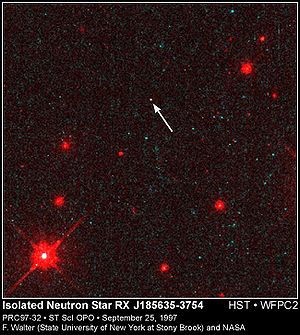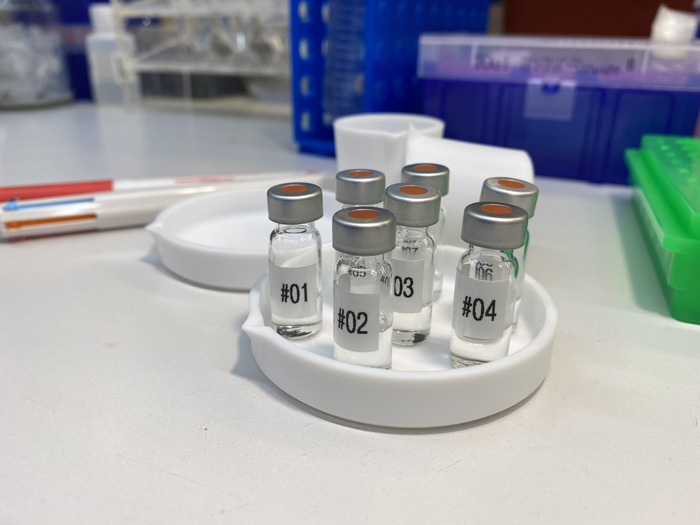
- Image via Wikipedia
A University of Southampton professor is leading a global project which will, for the first time, be capable of tracking astrophysical events across the sky as they happen.
Using next-generation radio telescopes in Europe, South Africa and Western Australia, the 4 Pi Sky project will look for energetic black holes, colliding neutron stars, and astrophysical explosions all the way back to the first stars.
Professor Rob Fender of the School of Physics and Astronomy at Southampton, who leads the five-year programme, says: “The universe is a violent and dynamic environment in which explosions of massive stars can outshine an entire galaxy and black holes swallow whole stars.
“These high-energy bursts emit radio waves, which can be detected at vast distances. However, previous telescopes could only see a tiny fraction of the sky and missed 99 per cent of these important events. The new telescopes can monitor the whole sky and will find thousands of such events. These observations can shed light on phenomena at extremes of physics unachievable in laboratories on earth, and can act as cosmic searchlights, illuminating the ‘dark ages’ before galaxies were formed.
“This project might even help us identify the first sources of gravitational waves, and in turn test the most fundamental theories of gravity.”
Related articles
- A star is torn – and it doesn’t happen all that often (theage.com.au)









